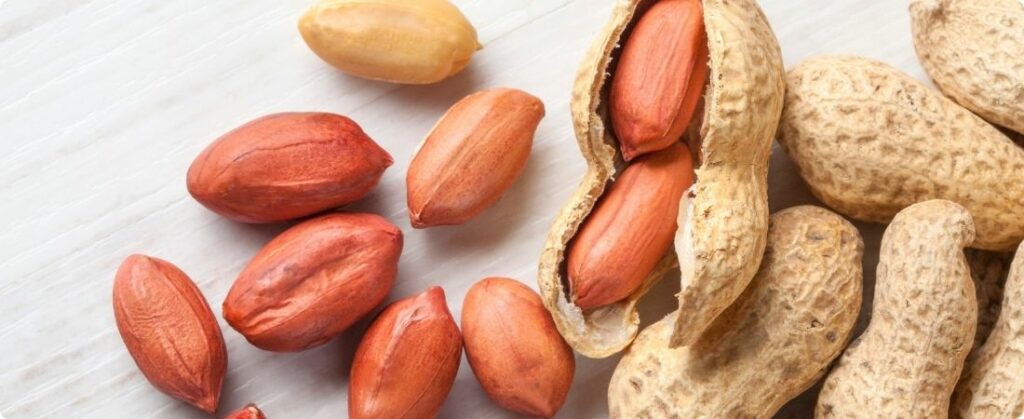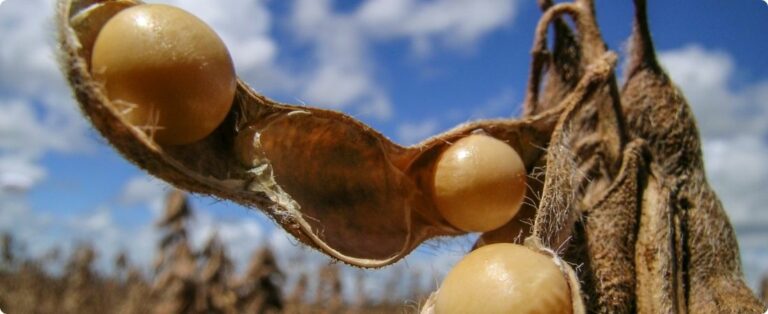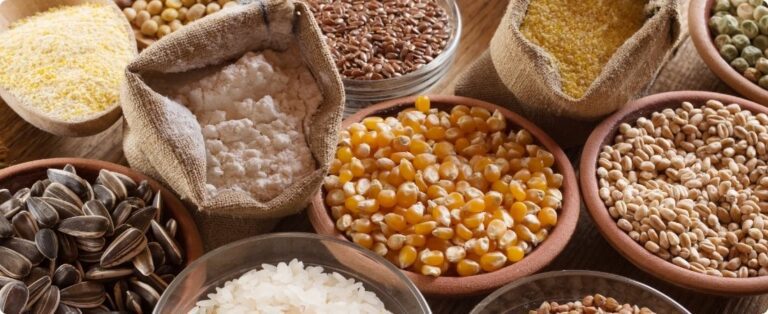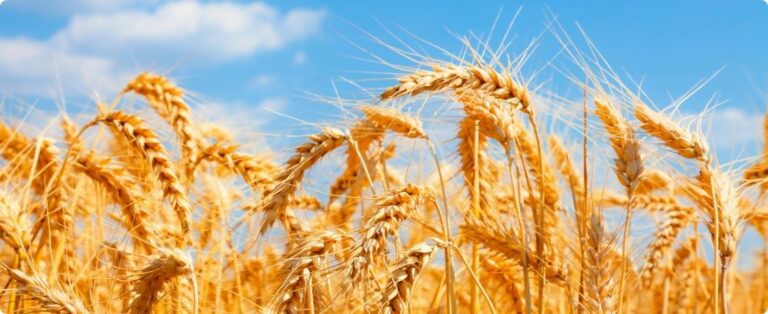
Brazil stands out as the 13th largest producer of raw peanuts in the world, with ABICAB (Brazilian Association of the Chocolate, Peanut and Candy Industry) representing 62% of the Brazilian market. According to ComexStat, in 2023, 401.9 thousand tons of peanuts were exported to 119 countries, generating revenue of 640.9 million dollars. In the last 10 years, the export volume grew by 170%, reflecting the increased competitiveness and quality of Brazilian peanuts.
Despite the success in foreign trade, per capita consumption of peanut in Brazil it is still below the world average, at 1.6 kg/inhab/year, compared to the global average of 6.1 kg/inhab/year, according to data from the UN and the Foreign Agricultural Service. However, peanuts have become a popular choice among Brazilians, both for their flavor and for their health benefits, being rich in vitamins B and E, proteins, calcium, iron and essential fatty acids such as omega 3 and 6. In addition, 25% to 30% of their composition is vegetable protein, making them a valuable source for healthy diets.
ABICAB Event and the Second Brazilian Peanut Week
On September 11, Aboissa participated in an exclusive dinner hosted by ABICAB in Ribeirão Preto. This event marked the beginning of the Second Brazilian Peanut Week, bringing together representatives of the main players in the sector to strengthen ties and discuss the future of the peanut market in Brazil.
Founded in 1957, ABICAB plays a key role in the development of the chocolate, candy and peanut sectors in Brazil. The association is known for leading initiatives aimed at improving quality and sustainability, such as the Pro-Peanut Seal, which certifies that peanut products are free of aflatoxins, substances that are harmful to health. This seal is crucial to guaranteeing product safety, increasing consumer confidence and facilitating the insertion of Brazilian peanuts into new markets.
Climate Challenges

Although Brazil has stood out on the global stage, climate challenges continue to affect peanut production, especially in the interior of São Paulo, one of the main producing regions. The prolonged drought negatively impacted the last harvest, and producers are waiting for the start of rains to start the next planting, scheduled for late September or early October.
Melinda Rodrigues, a peanut oil specialist, highlights that peanuts have become an increasingly attractive choice for producers, not only because of their profitability, but also because they are a sustainable crop that contributes to soil recovery.
US Production Monitoring and Global Outlook
As Brazil deals with climate challenges, the industry continues to monitor peanut production in the United States. The U.S. Department of Agriculture (USDA) revised its harvest estimates to 3,354,900 tonnes in shell. While the projection is considered realistic, weather factors in some regions of the United States could impact crop performance, which could influence the global market.
Interview with Melinda Rodrigues | Peanut Oil Specialist at Aboissa
By Vanessa Ferreira















